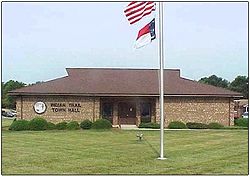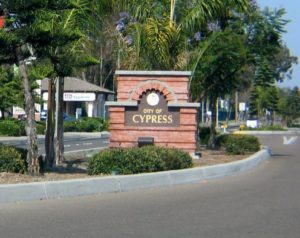Estate Administration
Estate Administration is the comprehensive process of handling probate and non-probate assets upon the death of a loved one. It is important to seek experienced legal advice regarding Estate Administration to ensure the proper Administration of Wills, Trusts, Intestacy Laws, and other applicable laws.
Estate Administration typically involves:
- Probating Wills and Codicils
- Notifying all Heirs
- Collecting Assets
- Sale or Liquidation of Estate Assets
- Preparing and Filing Court Inventories and Accountings
- Assessing Creditor Claims
- Paying Creditors
- Partial and Final Distributions to Heirs
- Personal Representative Filing Decedent’s Tax Returns
- Preparation of Estate Tax Return, if required
- Trust Administration, if any
- Attention to Post Mortem Tax Consequences
Estate Administration is often fraught with problems that require the skills of an experienced and skilled attorney who is a Board Certified Specialist in Estate Planning and Probate Law. Our probate and Estate Administration expertise will help you navigate the legal complexities to attempt to minimize potential Will Contests, Trust Disputes, Claims Against Fiduciaries and other Estate Litigation. Additionally, our team will guide you how best to avoid personal liability for serving as an Executor, Administrator, Trustee or other fiduciary.
The probate process is necessary for certain types of assets. Probate transfers legal title of the decedent’s probate assets to the name of the heirs or beneficiaries. Non-probate assets do not pass through the probate process. Examples of non-probate assets may include: death benefits of life insurance, annuities, retirement accounts, paid on death (POD) accounts, and transfer on death (TOD) accounts.
To the extent that the decedent’s assets were owned by a properly drafted and funded trust, the assets of the trust can avoid going through probate. Estate administration generally takes between nine months to less than two years. The length of time necessary to administer a decedent’s estate depends on the size, nature, and complexity of the estate. Generally, larger estates take longer to administer if federal estate tax returns are necessary.
Factors that can substantially increase the cost of probate and estate administration may include: Will contests, disputes among heirs, co-fiduciaries that disagree, issues with creditors, poor record keeping, missing persons, paternity issues, and beneficiaries who require a guardianship. The foregoing factors can also increase the amount of time necessary to probate and administer the estate. Typical estate administration expenses include: court filing fees, executor’s commissions, attorney’s fee, accountant’s fees, surety bonds, appraisals, storage and shipping of personal property. The payment of attorney’s fees and executor commissions are subject to court approval if they are paid from the estate.
Licensed in North Carolina and South Carolina, the Danica Little Law, PLLC probate and estate administration legal team can guide you throughout every step of the probate and administration process.
Our experienced North Carolina and South Carolina Estate Administration Attorneys at Danica Little Law, PLLC serve clients in Charlotte, Southpark, Ballantyne, Waxhaw, Huntersville, Lake Norman, Mooresville, Concord, Gastonia, Belmont and other areas in Mecklenburg County, Union County, Cabarrus County, Iredell County, Gaston County, and in North Carolina and South Carolina.
Probate Simplified ® and Probate Law Simplified ®










































